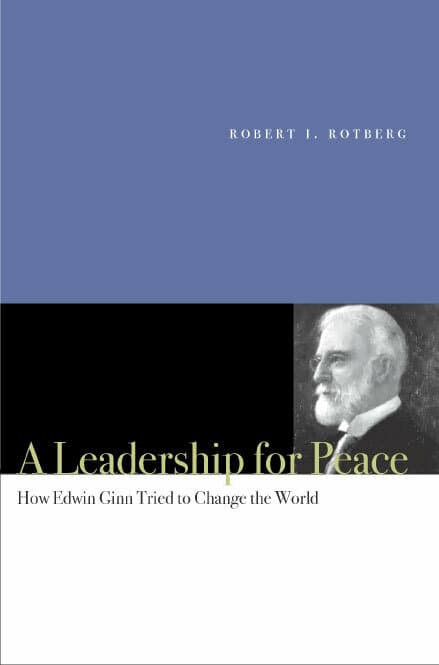Dissident Peace

In 2016, the peace accords between the Revolutionary Armed Forces of Colombia–People's Army (FARC-EP) and the Colombian government promised to bring an end to over fifty years of armed conflict. Yet, despite widespread international acclaim and heavy investments in the peace process, war continued. Dissident Peace provides a rigorous reassessment of the terms of peacebuilding through an ethnography of ongoing struggles for autonomy, based on over fifteen years of research and activism in Colombia.
From the coca fields of southwestern Colombia to the negotiating table in Cuba, Anthony Dest brings the contradictions of peacebuilding and organizing to life, and opens up critical space from which to imagine more liberatory forms of peace. Dest locates contemporary violence within longer histories of colonial capitalism and centers the lives and insights of black and indigenous communities in Colombia. He identifies "dissident peace" as a potent alternative to dominant, state-centric peace frameworks—one based on evolving principles of autonomy and self-determination. With vital implications for social movements globally, this book provides a gripping account of what it means to struggle today.
—Arturo Escobar, author of Pluriversal Politics (2020) and co-author of Relationality: An Emergent Politics of Life Beyond the Human (2024)
"Dissident Peace is an incredibly rich and beautifully-written account of the limits and possibilities of peace in Colombia. Centering Afro-Colombian and Indigenous communities' struggles over territory and life, this work is a powerful reminder that autonomy, however partial, cannot be given from above, but must be manifested from below."
—Tianna Paschel, University of California, Berkeley
"A much-needed critique of the concept of peace, told through the story of the 2016 Colombian peace process between the revolutionary guerrillas and the state. Focusing on the struggles for autonomy of marginalized black and indigenous communities, this is an account which nevertheless shores up spaces of hope for a better future."
—Alpa Shah, Professor of Social Anthropology, University of Oxford and author of The Incarcerations: BK-16 and the Search for Democracy in India and Nightmarch: Among India's Revolutionary Guerrillas
"[Dissident Peace] encourages deep reflection on complex subjects by blending thoughtful erudition with approachable narration, appealing to readers from undergraduate courses to those engaged in regional, specialized research."
—Alejandro Jaramillo, Political and Legal Anthropology Review
"Dissident Peace is both an account of the myriad ways that communities have sought a life outside of the intolerable present state of affairs, and also the tensions and contradictions inherent in this pursuit."
—Abigail Kret, NACLA
"Dissident Peace: Autonomous Struggles and the State in Colombia by Anthony Dest offers a timely, sharply focused intervention. Rather than evaluating institutional progress or compliance with the Havana accords, Dest turns his ethnographic attention to forms of autonomy and self-determination that resist the liberal peace framework."
—Andrés M. F. González-Saiz, Antípoda




